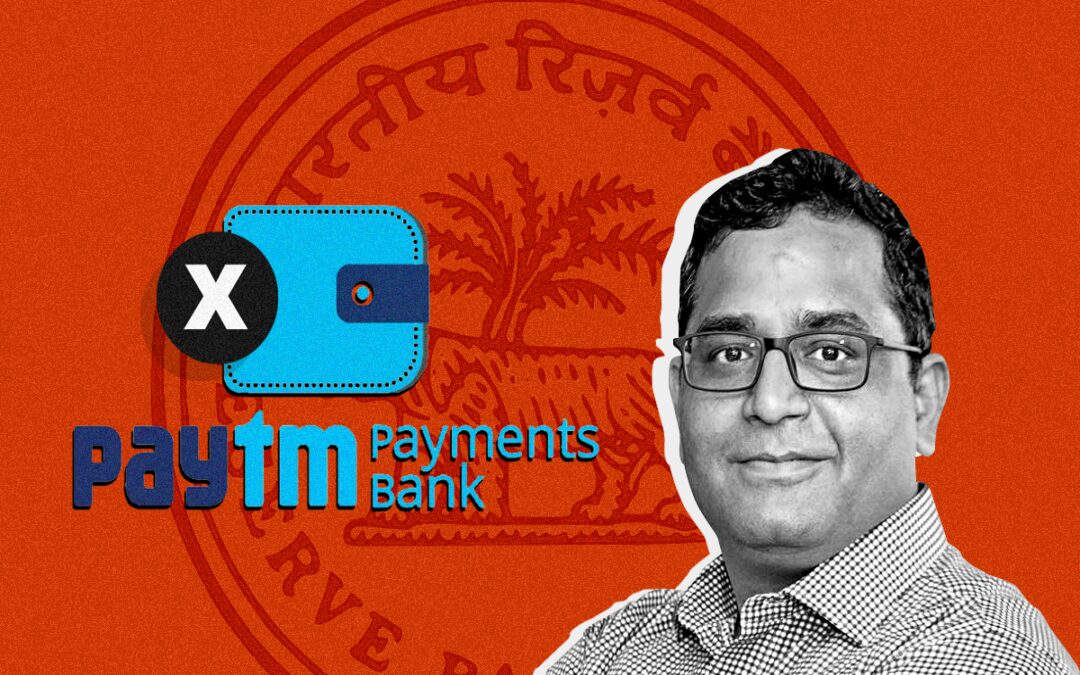Stock exchanges have revised the circuit limits for Paytm owner One97 Communications after a steep price crash following RBI’s regulatory crackdown on Paytm Payments Bank.
Both BSE and NSE have changed the circuit limits to 10% for the stock, according to circulars put out. Paytm was locked in 20% lower two consecutive days, which resulted in a $2 billion rout at the bourses.
Circuit limits are fixed by exchanges to curb excessive movement of the stocks on either side. The stock cannot fall below the lower limit or rise above the upper limit.
Post the changes, the upper limit for Paytm is at Rs 535.75, while the upper limit is around Rs 438.35.
The Reserve Bank of India (RBI) had barred Paytm Payments Bank, which is a unit of Paytm, from accepting fresh deposits in its accounts or popular wallets from March.
The move has far-reaching consequences for Paytm, which relies heavily on the bank for its operations.
According to reports, money laundering concerns and questionable dealings between Paytm and its lesser-known banking arm had led the regulator to clamp down on Vijay Shekhar Sharma-run entities.
The RBI has found hundreds of thousands of accounts at Paytm Payments Bank created without proper identification and has passed the information on to the country’s financial crime fighting agency, Reuters reported.
Paytm CEO Vijay Shekhar Sharma took to social media to reassure users. In a concall, the company’s senior management said normalcy is expected by March.
The company expects RBI’s action to have a worst case impact of Rs 300-500 crore on its annual EBITDA, going forward. However, it expects to continue on its trajectory to improve its profitability.
Various brokerages have downgraded Paytm parent shares after RBI’s action. Jefferies has downgraded the stock and given a target price of Rs 500 while Motilal Oswal Securities has also downgraded it to “reduce” with a target price to Rs 575.










